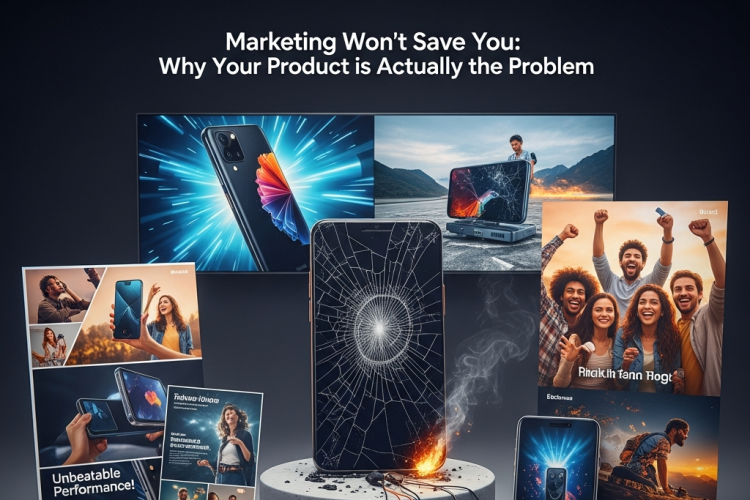
How Influencers Conquered the Digital World
In today’s rapidly evolving digital era, companies are constantly seeking new and effective ways to reach their target audience. One of the most powerful strategies to emerge from this need is influencer marketing.
This increasingly popular approach has proven highly effective in engaging consumers and building brand awareness. In this blog, we explore the origins of influencer marketing, its significance today, and what we can expect in the future.
The History of Influencer Marketing
Influencer marketing is essentially an evolution of traditional “word-of-mouth” advertising. People have always shared opinions about products and services with friends and family, but influencer marketing has expanded this concept into the digital space.
The roots of influencer marketing trace back to the rise of blogs in the mid-2000s. Bloggers were the first digital influencers, sharing personal experiences and product recommendations with their audiences. As social media platforms developed, influencers transitioned to Instagram, YouTube, and TikTok, gaining immense popularity and reach.
Why Influencer Marketing Matters Today
Influencer marketing has become a crucial part of many companies’ digital strategies. Here are several reasons why it holds significant value:
1. Connection with the Target Audience
Influencers maintain dedicated communities of followers who trust their opinions. By collaborating with the right influencers, brands can directly reach their target audience and increase brand awareness.
2. Trust and Authenticity
Influencers build trust with their followers, which is critical in an era overwhelmed by advertising. A recommendation from an influencer is often perceived as a personal endorsement, making it more impactful than traditional advertising.
3. Creativity and Innovation
Influencers are known for their creative and innovative content. Partnering with them can provide brands with fresh perspectives and unique ideas for marketing campaigns.
The Future of Influencer Marketing
As influencer marketing continues to evolve, there are key trends to watch:
1. Regulation and Transparency
With the growing prominence of influencer marketing, regulatory requirements and transparency expectations are increasing. Brands will need to ensure that sponsored content is clearly disclosed and collaborations are transparent.
2. Macro and Micro-Influencers
While popular macro-influencers with large followings remain influential, micro-influencers—those with smaller but highly engaged audiences—are becoming increasingly important. Micro-influencers offer a more authentic connection with target audiences.
3. Platform Diversification
Social media platforms continually evolve, and influencer marketing must adapt. While TikTok is currently popular among younger audiences, emerging platforms may shape the future of influencer campaigns.
Conclusion
Influencer marketing has become a cornerstone of digital strategies for brands worldwide. Its power lies in audience connection, trust, and authenticity, which influencers deliver in ways traditional advertising often cannot.
Looking ahead, influencer marketing will continue to grow, adapting to regulatory changes and platform evolution. Brands that recognize and harness the potential of influencer marketing can achieve significant growth and success in the digital landscape.
FAQ: Influencer Marketing
1. When did influencer marketing begin?
Influencer marketing began with blogs in the mid-2000s and later expanded to social media platforms like Instagram, YouTube, and TikTok.
2. Why is influencer marketing effective?
It leverages trust and authenticity, connecting brands with highly engaged audiences more effectively than traditional advertising.
3. What is the difference between macro and micro-influencers?
Macro-influencers have large audiences, while micro-influencers have smaller, highly engaged communities. Both can be valuable depending on marketing goals.
4. How can brands adapt to future influencer marketing trends?
Brands should monitor platform changes, embrace transparency, and diversify their influencer partnerships to stay relevant.
5. Is influencer marketing only for big brands?
No. Both small and large brands can benefit by collaborating with influencers who align with their target audience and values.
Author
Put_Digitalizacije
Related Posts




